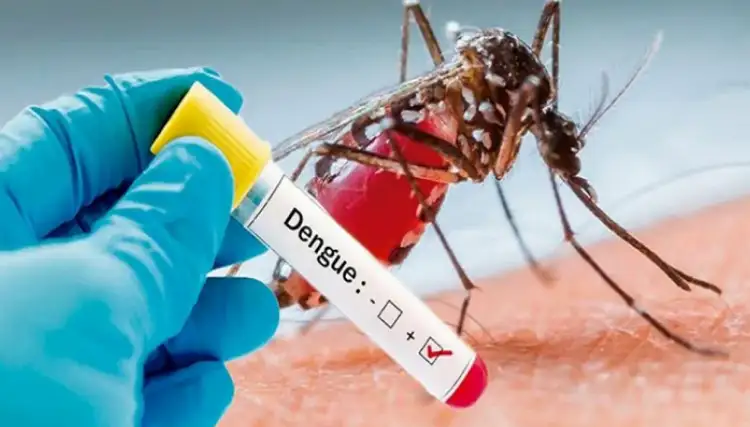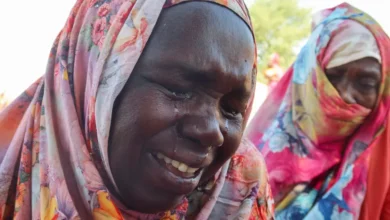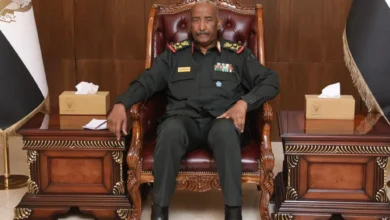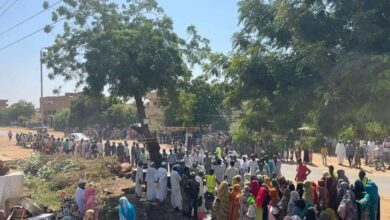Outbreaks of cholera, dengue and malaria in Sudan caused by war

In a number of states of the Sudan, dengue fever, malaria and cholera diseases have been epidemiologically rampant following the dismissal of 70 per cent of health facilities due to the country’s war of nearly half a year. The Ministry of Health of Gedaref State (East), the worst affected state, appealed to international organizations to provide support for the eradication of dengue.
Dengue fever and cholera, as well as malaria fever, have increased, particularly in the states of El Gedaref and Al Jazeera (Central) In an epidemiological manner, at a time when the country is facing a severe shortage of medicines and medical personnel, while volunteers from both sides of the fighting in Khartoum are accused of seizing medicines in the form of aid, and army volunteers are accused of denying access to medicines to the “rapid support” forces, according to the Sudan Tribune.
Drug scarcity and cadre shortage
Cases of the cholera epidemic have increased in areas of the capital Khartoum, where health services are virtually non-existent, with severe shortages of life-saving medicines, while medical personnel face serious difficulties in accessing hospitals and patients, as well as suffering from scarce medical aid.
Cholera was widespread in the East Nile region (Khartoum Bahri), where a large number of people who did not leave Khartoum still live.
Dengue fever is epidemiologically prevalent in the state, along with water diarrhoea outbreaks, while the state’s Ministry of Health revealed that some 15 people have died and about 250 have water diarrhoea, more than 800 have dengue fever and 10 have died.
Underfunded Plan
The Director of Health Emergencies in Gedaref, Anwar Panga, was quoted in press reports as launching what he called the third round of efforts for the campaign to eliminate dengue fever and water diarrhoea in the coming days; with a view to radically eliminating epidemics.
He complained that there was insufficient funding, both from the Government and humanitarian organizations, and the health officer appealed to the State’s organizations and Government to accelerate the timely provision of funding, while the State was most affected by diets and water diarrhoea.
Sudan Tribune quoted the spokesman of an East Nile burial room in the capital Khartoum Ma ‘az Shams al-Din, that Al-Ban is new, one of the few hospitals operating in Khartoum, Around 40 cholera infections were received from the beginning of the current month until the third month. Among them, 4 cases ended in death, and total infections since the disease was discovered last week in September reached nearly 119.
8 infected states
Shams al-Din criticized the army’s refusal to enter large quantities of medicines provided by the World Health Organization (WHO), citing the arrival of medicines in the “rapid support” forces, and a severe shortage of medicines and medical personnel in the only hospital operating in the Haj Yusuf suburb. From September 23 to October 2, some 82 cases of dengue were reported in the island state, including 64 confirmed cases and two deaths, while some 62 were isolated in homes and hospitals. The newspaper quoted the Sudanese Minister of Health in charge, Haitham Mohamed Ibrahim, as saying earlier: “The dengue epidemic is spreading in 8 states: the Red Sea, Kassala, Al Qadarif, Al Jazeera, Senar, Northern Kordofan, Southern Kordofan and Northern Darfur.





